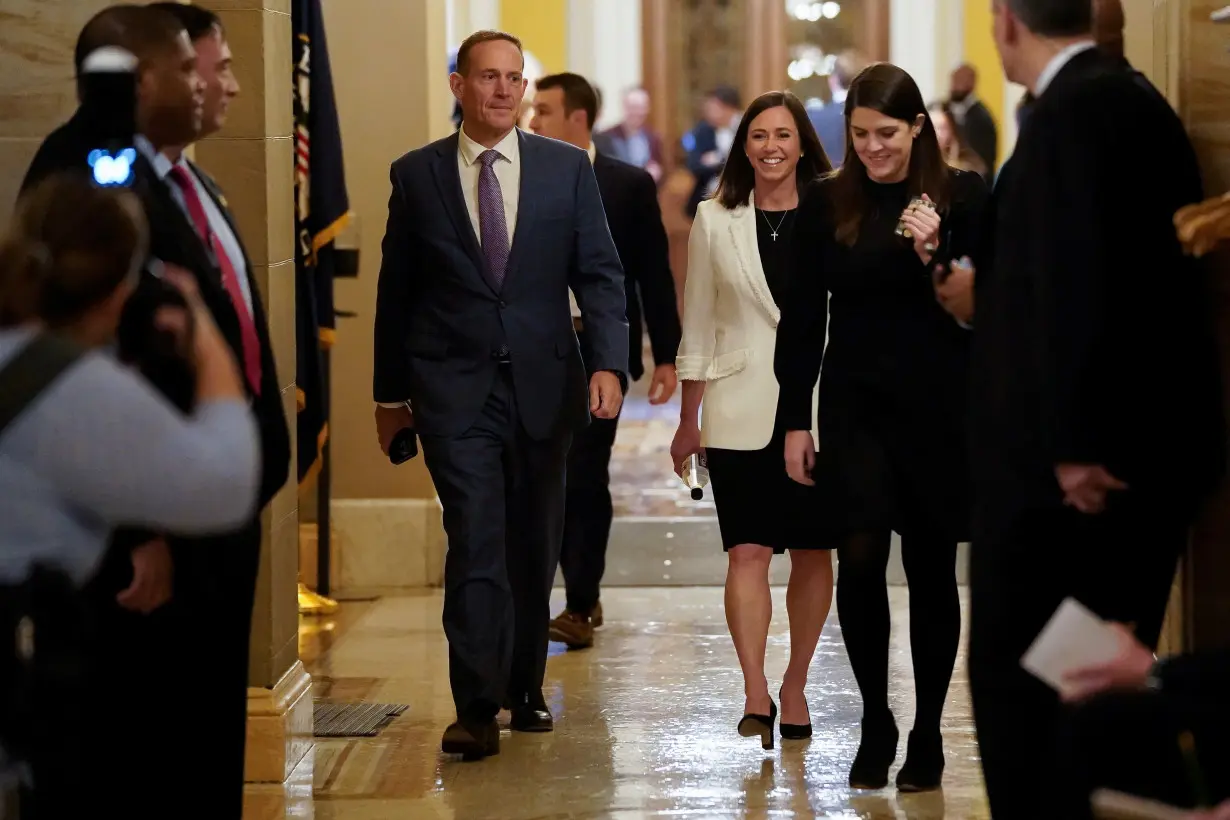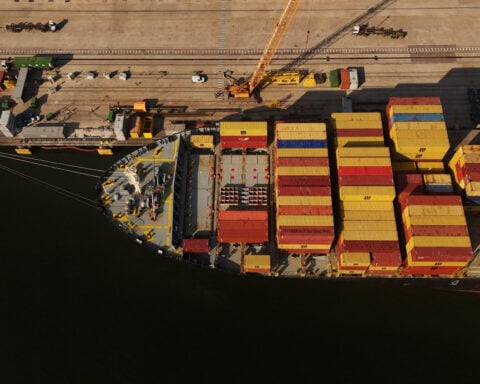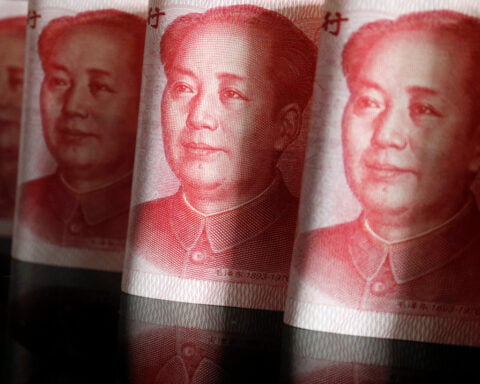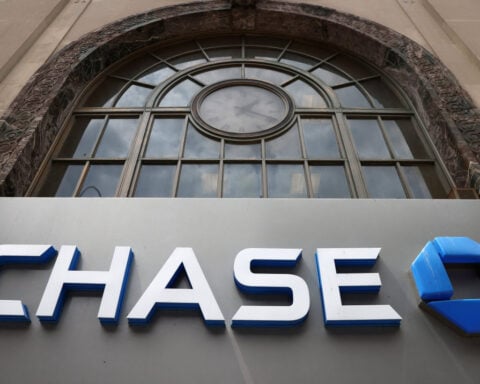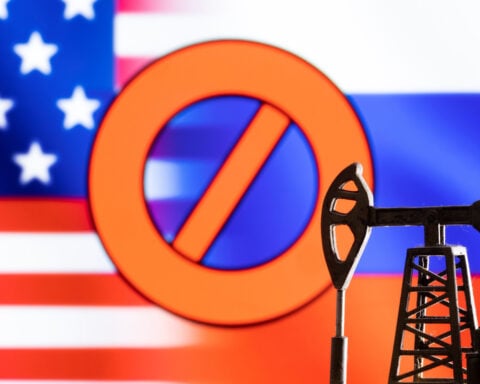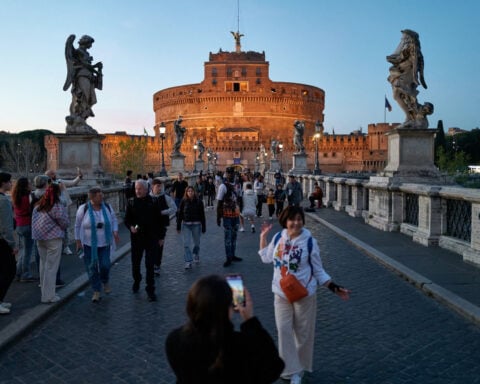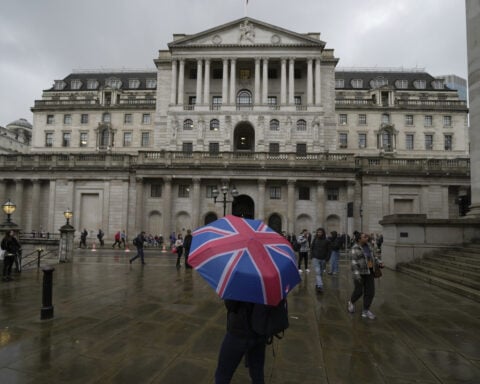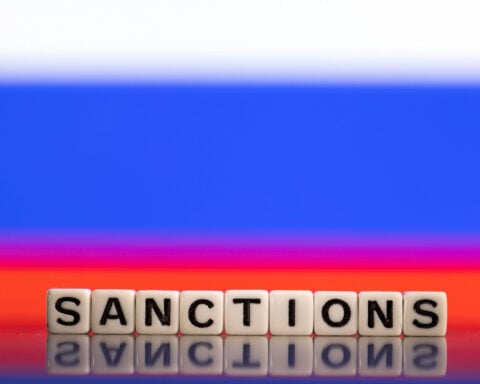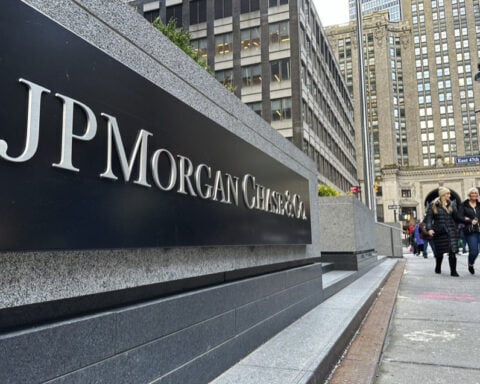By David Shepardson
WASHINGTON (Reuters) - A group of 46 Republican U.S. senators asked the Commerce Department on Thursday to answer questions about its Oct. 27 decision to temporarily stop issuing export licenses for most civilian firearms and ammunition for non-governmental users.
The letter signed by Senators Ted Budd, Mitch McConnell, John Thune and others said they had "significant concerns about the justifications for and ramifications of this pause" and said it "puts at stake U.S. commercial and economic interests" as well as U.S. national security and foreign policy.
The Commerce Department's 90-day pause has some exemptions including export licenses for Ukraine and Israel, as well as some other close allies.
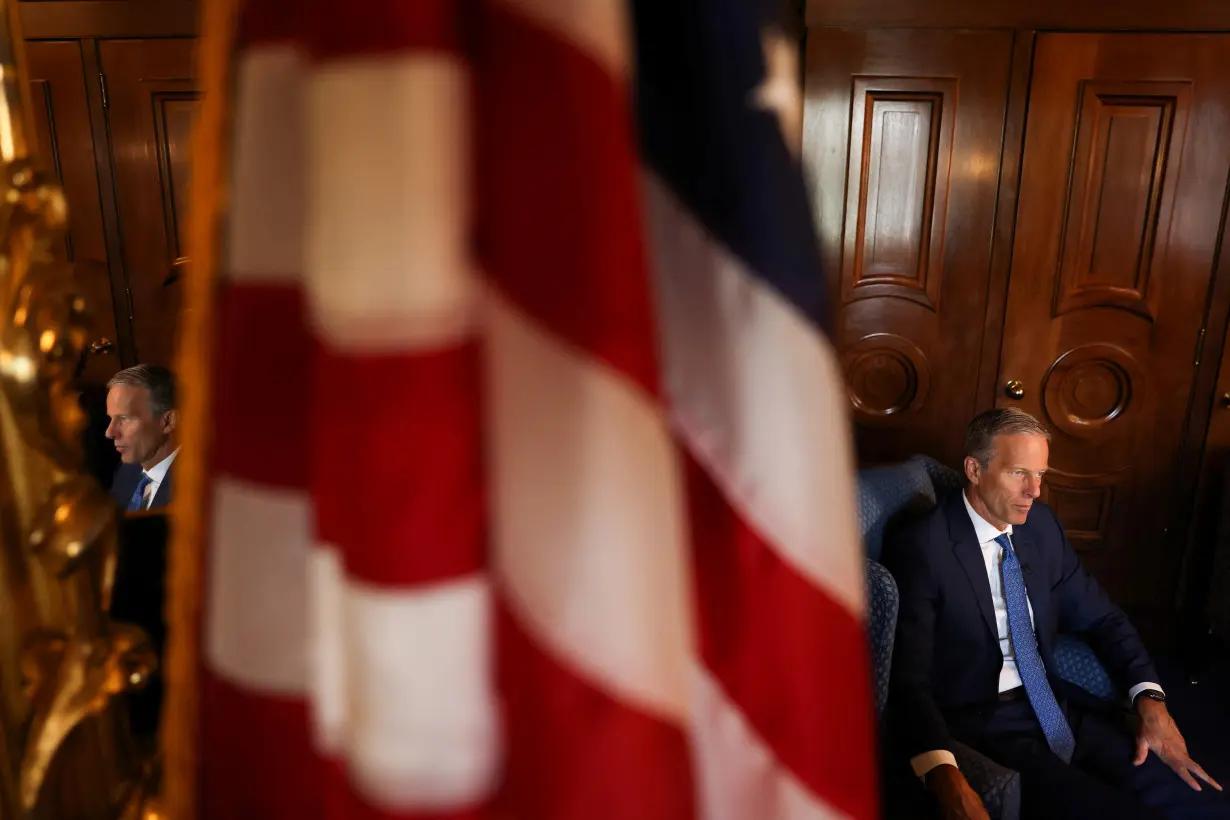
"We are concerned the unmet demand created by this action will promote opportunities for less scrupulous, professional, or conscientious sources of supply to fill the void, thereby strengthening illicit arms markets," the senators wrote.
They cited an industry association estimate of a direct cost of at least $89 million from the 90-day pause and at least $238 million annually if permanent.
Earlier this month, Republican Representative Mark Green, who chairs the Homeland Security Committee, led a separate letter from more than 80 lawmakers seeking answers on the pause.
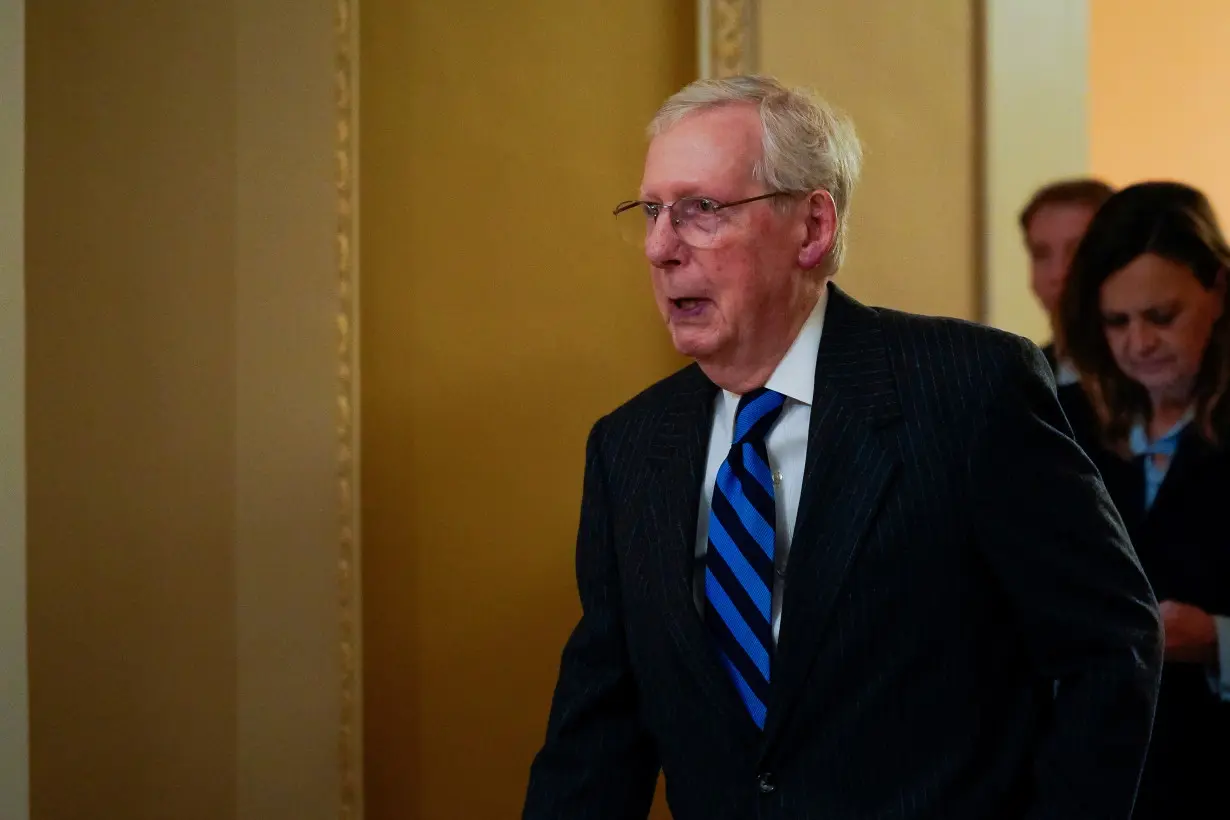
The department did not immediately respond to a request for comment Thursday.
The pause affects, among others, shotguns and optical sights and the Commerce Department said an urgent review will assess the "risk of firearms being diverted to entities or activities that promote regional instability, violate human rights, or fuel criminal activities."
The Republican party has consistently defended gun ownership rights under the U.S. Constitution, while many Democrats have called for new restrictions after a series of mass shootings.
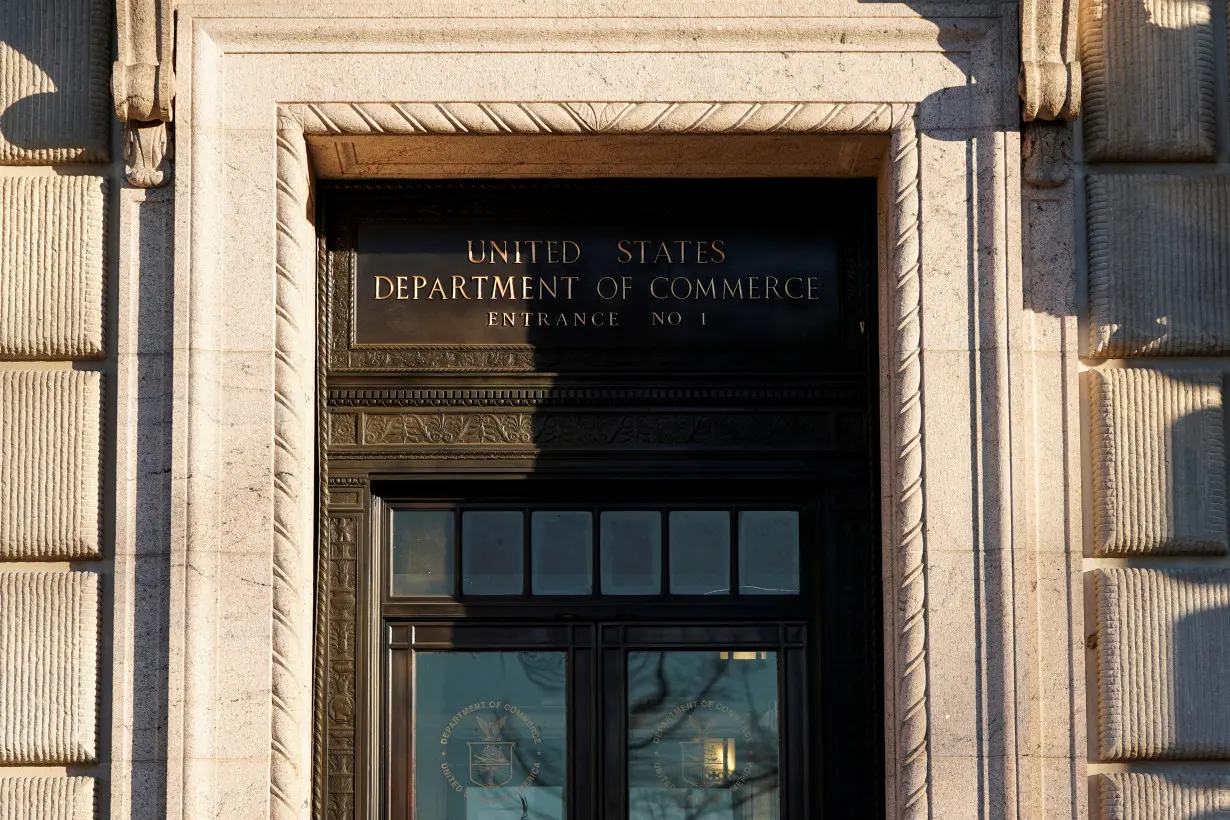
The halt covers most of the guns and ammunition that could be purchased in a U.S. gun store.
Overseas customers include distributors and stores that sell firearms. Exporters can continue to submit license requests during the pause, but they will be "held without action" until the pause is lifted.
(Reporting by David Shepardson; Editing by David Gregorio)

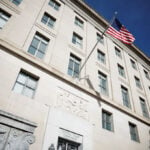 Republican bill seeks to curtail US FTC's merger-busting powers
Republican bill seeks to curtail US FTC's merger-busting powers
 UnitedHealth investors await details behind 2025 outlook after exec's murder
UnitedHealth investors await details behind 2025 outlook after exec's murder
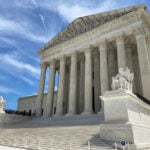 Texas online porn age-verification law goes to US Supreme Court
Texas online porn age-verification law goes to US Supreme Court
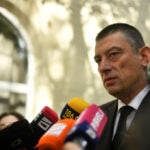 Former Georgian prime minister hospitalised after beating, blames government
Former Georgian prime minister hospitalised after beating, blames government
 Mussolini's honorary doctorate subject of Swiss university exhibition
Mussolini's honorary doctorate subject of Swiss university exhibition
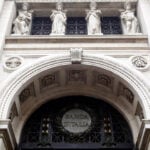 Italy's public debt tops 3 trillion euros, highest on record
Italy's public debt tops 3 trillion euros, highest on record
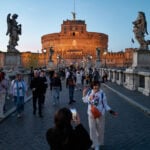 Overtourism was the buzzword of 2024. This summer looks to be just as crowded and chaotic
Overtourism was the buzzword of 2024. This summer looks to be just as crowded and chaotic
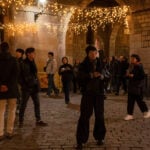 Spain sees further tourism growth after record 94 million visitors in 2024
Spain sees further tourism growth after record 94 million visitors in 2024
